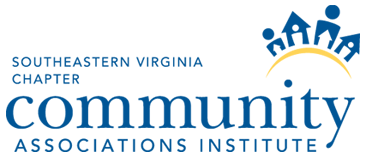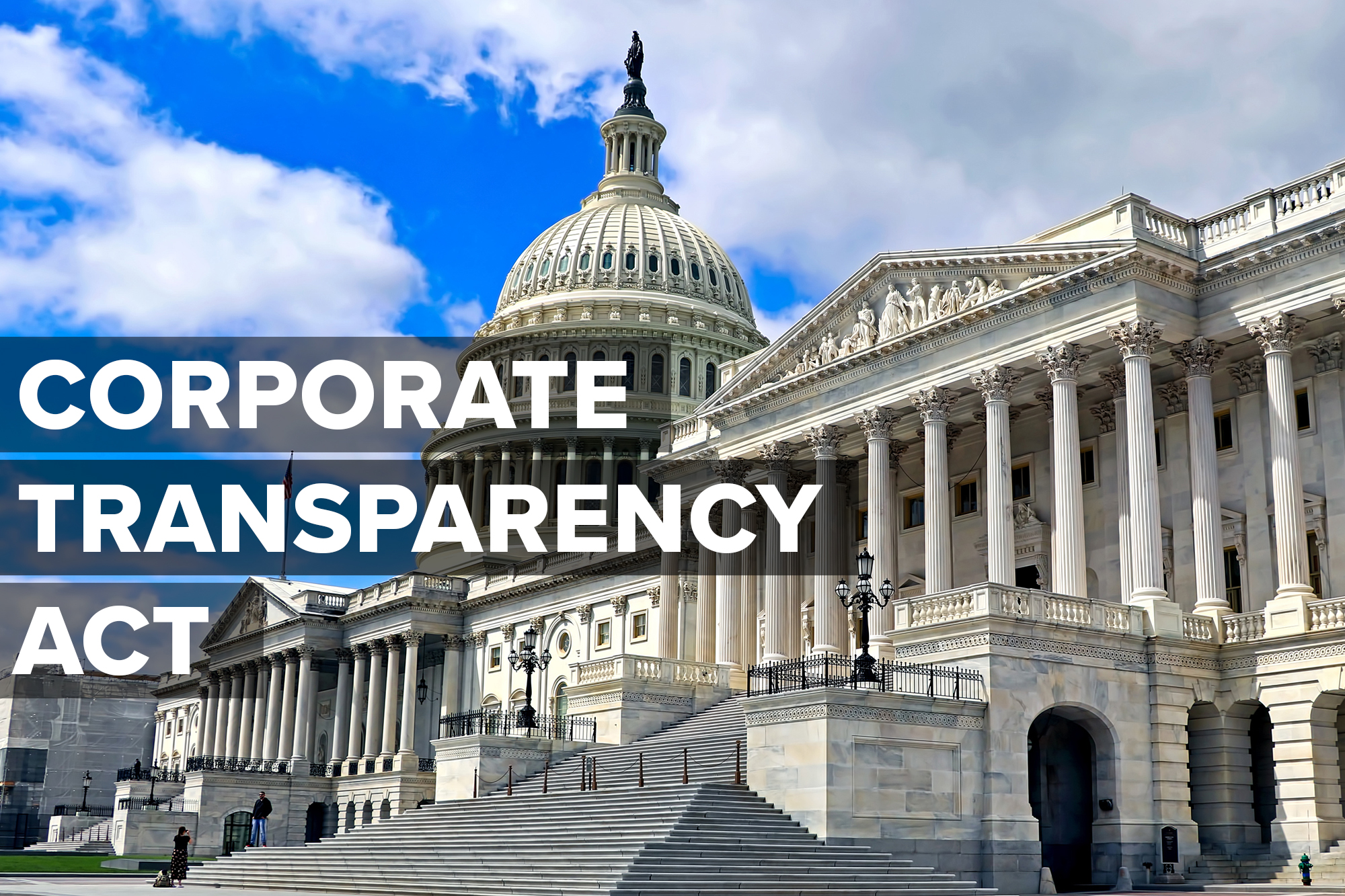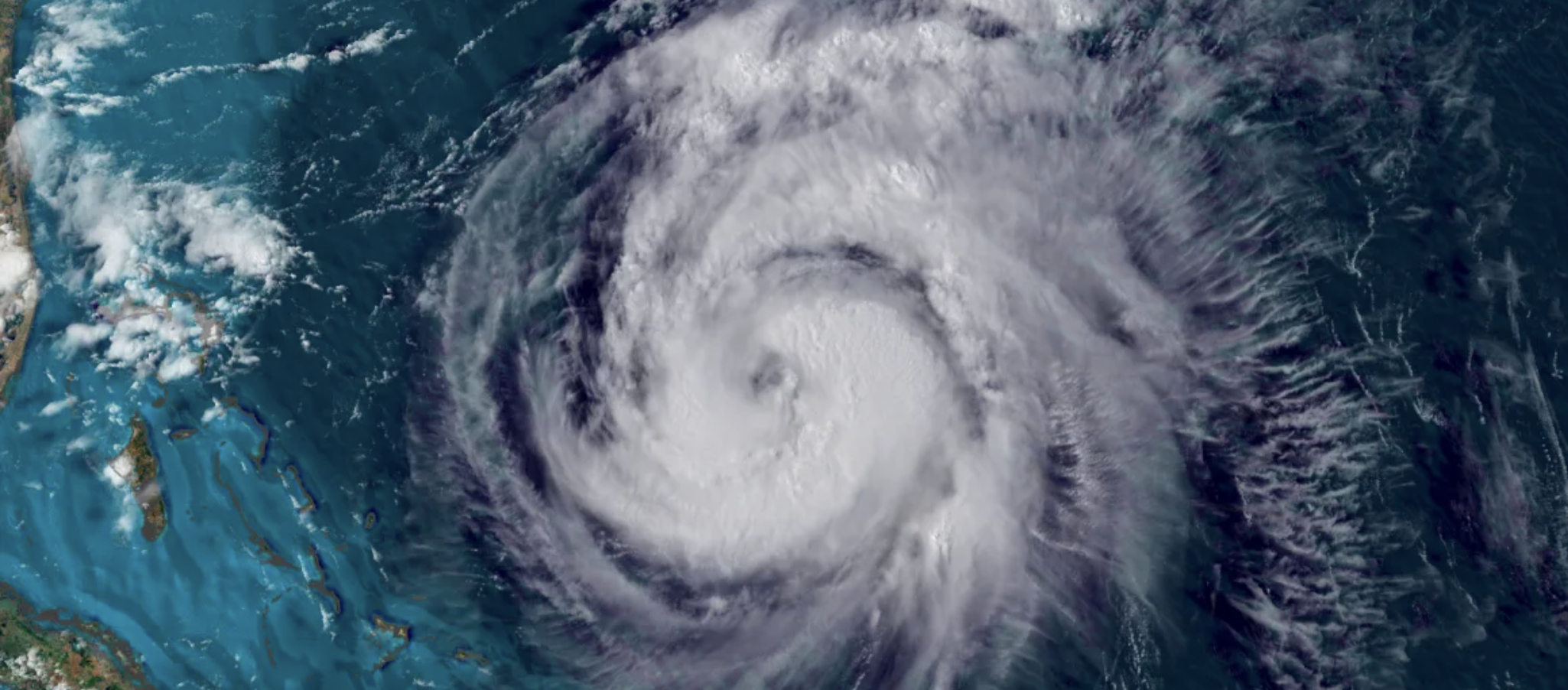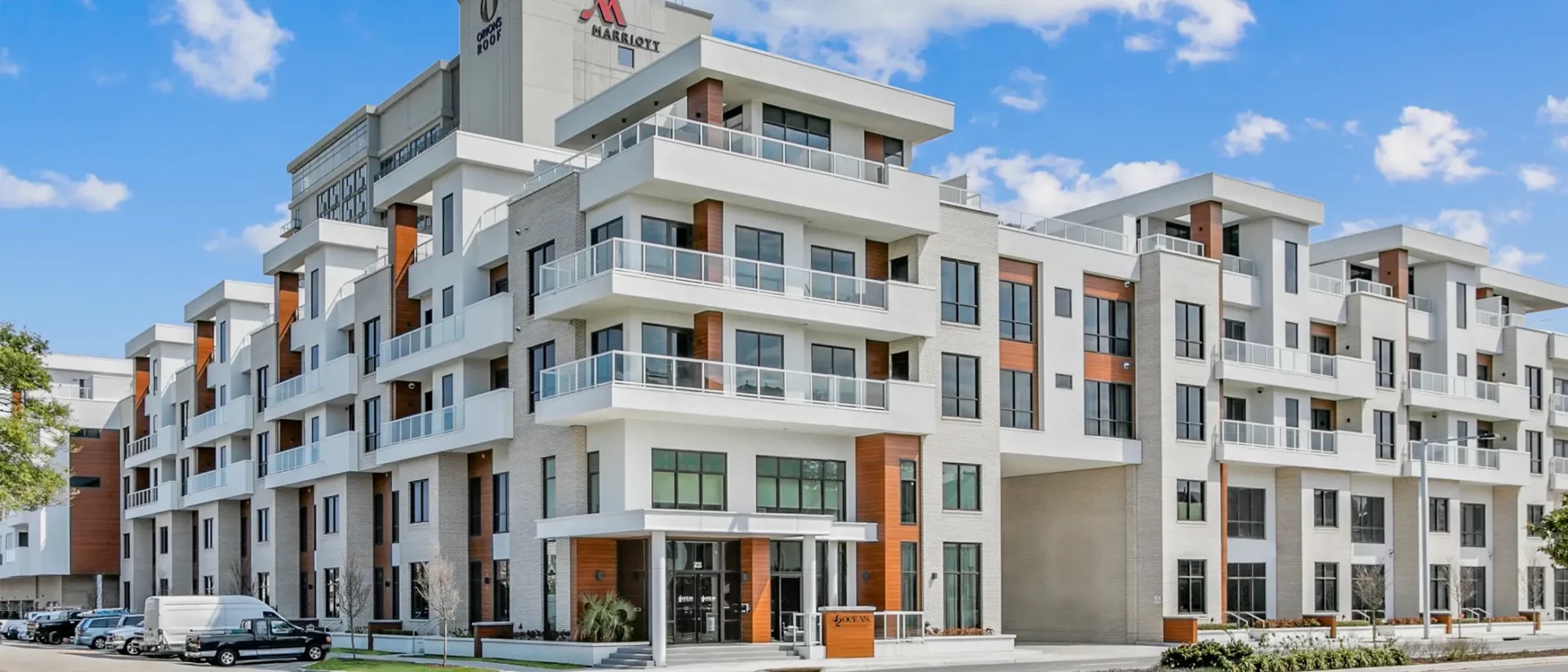
We write to you with heavy hearts as we witness the devastating impact of wildfires in Southern California. These fires have caused unimaginable loss, displacing families, destroying homes, and putting incredible strain on brave firefighters and first responders.
We are deeply saddened to share that some longtime CAI volunteers along with many other members have been displaced, lost their homes, or seen their livelihoods shattered. CAI is committed to supporting all those affected by these tragic events and as they begin the journey of recovery and rebuilding.
Advocating for Resources and Recovery
CAI is actively working to ensure that government resources are available to affected communities. This includes advocating to obtain a presidential disaster declaration that would include provisions for debris removal from private roads in community associations. We are engaging with Gov. Gavin Newsom’s office and California’s congressional delegation to secure vital resources for recovery efforts.
We are collaborating with CAI’s California chapters, especially the Greater Los Angeles Chapter, and the California Legislative Action Committee to provide comprehensive information and resources for those impacted by the wildfires.
How You Can Help
The Los Angeles chapter is leading efforts to provide immediate relief. The chapter outreach committee is calling on all members to support displaced families and the firefighters who are tirelessly protecting communities.
Visit www.caionline.org for resources for those impacted and information on how you can help.
Strength, compassion, and generosity define the CAI community. If you know of additional ways to help, please share them with us.
Thank you for your kindness, care, and commitment for our members, colleagues, friends, family, and neighbors in the Los Angeles area.
Stay safe and take care.
Melissa Ramsey, CMCA, AMS, LSM, PCAM
President, Community Associations Institute
Thomas M. Skiba, CAE
Chief Executive Officer, Community Associations Institute











 Look What's Back!
Look What's Back!







